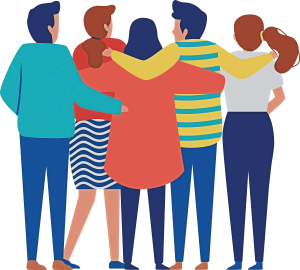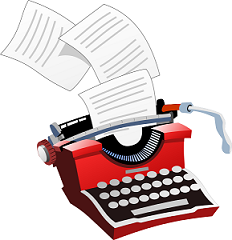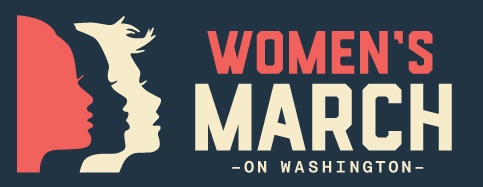The world is on fire, but there’s solace to be found.

These are scary times. Our government institutions are being sacked by corrupt oligarchs and their useful idiots, our economy is foundering, our international alliances are being decimated, and the very rule of law within the United States is proving to be nothing more than an illusion.
But readers and writers are not going gentle into that good nightmare. We are making clever signs and marching. We are refusing to buy books, or anything, from Amazon. We are canceling subscriptions to news sources controlled by billionaires and seeking out reliable, independent news outlets. We are writing letters to the editor, op-eds, and essays. We are speaking out about banned books and uplifting writers who are telling the hard truths.
We are making space for community and finding time for joy.
Already in the planning stages before the second coming of Trump, the second Adoptee Literary Festival, held March 22nd, brought together adopted writers whose work seeks to reframe an adoptee narrative that has long been dominated by adoptive parents, religious organizations, and the adoption industry.
While writers are my people, adoptee writers are really my people, and as co-director of the festival, I was thrilled to bring so many together for a virtual, free-to-attend celebration of our community. We offered a full day of programming that included a keynote speaker, four panels, four workshops, a pre-recorded sizzle reel of emerging and established writers, and a roundtable reading.
The presenters agreed to appear with no expectation of recompense. Writers do a lot of free labor, and the board thought it important to recognize our authors’ hard work, so we appealed to adoptee-led organizations and individual donors. The response was generous, enabling us to offer the presenters a modest honorarium. Comments from presenters and the audience alike emphasized the joy and solace of being with others who share the same mission and values in these embattled and contentious times.
A week later, I attended the Association of Writers & Writing Programs (AWP) conference in Los Angeles, where thousands of writers converge to attend panels, make professional connections, rub elbows with big names, and so much more. People proudly expressed their identities in dress, accessories, and hairstyle, and it was worth the trip just to walk the halls and people-watch.
I did not get an MFA, so AWP is my tantalizing glimpse into that world, with its delegations of graduate students and their professors, copious panels on the pedagogy of writing, and evening events for students, alumni, and faculty of writing programs. While English majors are vanishing from colleges, the myriad MFA programs represented at the AWP book fair demonstrate that many people are yet eager to make their living with words.
This year, I was honored to be on the panel “Fighting Tropes, Changing Narratives: BIPOC Adoptee Writers Break Out,” which was conveniently scheduled for the first time slot of the conference, leaving me to enjoy the rest of the programming without nervous anticipation. I attended 10 panels, especially enjoying “Art & Craft of Speculative Memoir,” “Novels in Stories, Fragments and Constellations,” “It Takes a Village,” and “Book Tours,” the latter two community-building presentations. I also attended the Asian caucus for the first time, which was very rewarding and gave me the idea to propose an adoptee caucus for the 2026 conference, which will be held in Baltimore.
The National Museum of Asian Art recently presented a free showing of “The Wedding Banquet,” followed by a talk with its Korean American director, Andrew Ahn. A remake of Ang Lee’s 1993 movie, this iteration is an unapologetic celebration of queer love, chosen family, and Asian pride. In that dark auditorium, a few hundred strangers, a friend, and I laughed and cried together, moved by the masterful storytelling — but also, at least for me, by the possible loss of a future in which everyone is accepted for who they are.
Due to a family celebration, I will miss this year’s Washington Writers Conference, an event I have enjoyed and benefited from in the past. It’s a wonderful opportunity to meet other local writers, both established and emerging, and learn more about the DC area’s many other exciting writing communities, such as the Inner Loop and the Writer’s Center, and local literary presses like the Washington Writers’ Publishing House.
Finally, I am looking forward to celebrating friends’ book releases, including Natasha Tripplett’s just-released children’s book, Planted with Love: Growing into a Family; Jean Widner’s research-based The Adoption Paradox; Martha Anne Toll’s literary novel Duet for One; and Elaine U. Cho’s space-opera sequel, Teo’s Durumi, coming August 5th.
Alice Stephens is the author of the novel Famous Adopted People.

